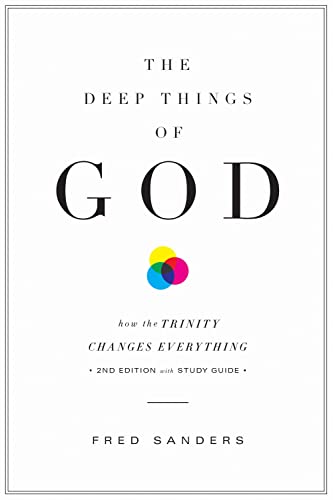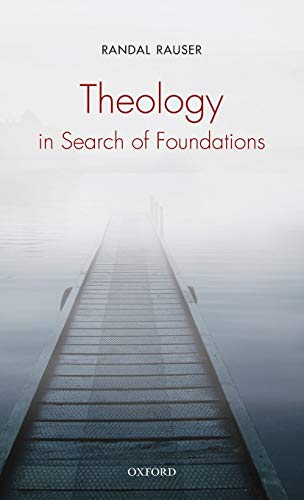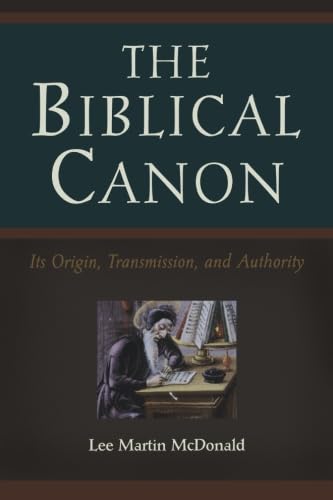Surprised by Suffering: The Role of Pain and Death in the Christian Life
Written by R. C. Sproul Reviewed By James Nkansah-ObrempongR. C. Sproul is a Reformed theologian, teacher, and pastor. He is the founder of Ligonier Ministries and is currently the Senior Minister at St. Andrew’s Chapel in Sanford, Florida.
Surprised by Suffering is divided into two parts. Part 1 addresses the perennial problem of why human beings suffer. Sproul asserts that suffering is ‘not uncommon’ and ‘not random’ (p. xi). Pain and suffering is part of human life. The author’s purpose is to inform and encourage Christians so that they are not taken by surprise when they are hit by suffering (p. xi). He argues that pain, grief, persecution, and other forms of suffering leave Christians confused, perplexed, and full of questions (p. 1). We should not see suffering as something strange!
Suffering places heavy burdens on us. It leaves one perplexed, but it should not lead one to despair. Suffering is God’s way of redeeming humanity, and believers suffer according to God’s will (p. 18). God uses Christian suffering for the good of other people. Christians are called to participate in Christ’s suffering. The fruit of our suffering results in our praise, honor, and glory when Christ comes to bring us our ultimate salvation. We must not miss this meaning and purpose of suffering.
Using contemporary life experiences and Scripture, Sproul rejects the notion that people suffer because they have sinned. He argues there is no direct correlation between a person’s sins and his or her suffering (p. 30). Many innocent people suffer at the hands of wicked people. God has a purpose for human suffering. God meant suffering for good (p. 31). God is sovereign. He ordains everything according to his purpose and overrules and turns injustice, pain, and suffering for the good of humanity. ‘Our suffering is part of the total plan of God,’ and ‘God can work through evil to accomplish His plans’ (p. 38).
The Bible speaks of God’s power, authority, and sovereignty. God’s providence allows him to turn pain, suffering and tragedies for the good of those who love him (p. 44). If we understand God’s sovereignty, we will understand that human suffering has a purpose (p. 45). Therefore, Christians can trust God in their sufferings no matter what. Christians can mourn, cry, and protest over suffering, but they must never lose their trust in God. We must hope in God.
Part 2 of the book looks at life after death. Although human beings do not know what the future holds, God does. Death, humanity’s ultimate suffering, is a vocation. It has divine purpose. Death is part of God’s purpose for humanity. God has called each person to die (p. 49). However, Christ has defeated death. Christians who die in faith will share life with God together with those who have gone before us. Citing and arguing from the Scriptures, Sproul asserts that there is hope beyond the grave. Jesus through his teachings gives Christians hope of eternal life.
In particular, the author argues, Christ’s resurrection from the dead is a guarantee for the Christian’s hope of life after death (p. 114). At the resurrection, Christ will usher Christians into his kingdom where there will be no chaos, sin, death, and pain. A Christian’s death, therefore, is not a loss but a gain. God will dwell with his people in the holy city, all effects of the curse will be removed, and Christians will enjoy the presence of God forever.
The author concludes, ‘Our divine vocation is not ultimately to suffering, but to a hope that triumphs over suffering’ (p. 134). The book also has an appendix that gives some insightful and helpful answers to some contemporary questions relating to suffering, evil, and death.
The author gives a balanced treatment of the subject matter, addressing the issue of pain and suffering from solid biblical and theological foundations. He relates well the problem of suffering to life experiences, which makes the book more practical and appealing to anyone who reads it. His critical stance on contemporary views on the issue of suffering by challenging some of the unbiblical basis for their arguments is commendable. His treatment of suffering is not just theoretical but practical.
One weakness in the book is that although the author states that God’s purpose for suffering is the ultimate salvation of humanity, he does not discuss what especially the purpose of suffering for the Christian is. Does suffering have any immediate benefit or add any value to our lives? He was silent on this issue.
Another weakness is the author’s failure to address human responsibility for reducing suffering in our world today that is the result of evil structures created by humans. The author seems to accept suffering and pain as a norm that we must accept at all costs without the balancing call to reduce pain and fight evil. Notwithstanding these weaknesses, I recommend the book to all those who are suffering, to pastors who minister to those suffering, and theological students who are wrestling with the question of why people suffer.
James Nkansah-Obrempong
Africa International University/NEGST
Nairobi, Kenya
Other Articles in this Issue
Most of our readers are theological students and pastors...
The Dazzling Darkness of God’s Triune Love: Introducing Evangelicals to the Theology of Hans Urs von Balthasar
by Stephen M. GarrettJürgen Moltmann observes that Christian theology and the Church face “a double crisis: the crisis of relevance and the crisis of identity...
Plots, Themes, and Responsibilities: The Search for a Center of Biblical Theology Reexamined
by Daniel J. BrendselIn the prolegomena to his “approach to biblical theology,” Charles H...
Since the mid-twentieth century biblical scholars have increasingly accepted that the texts of the Bible must be interpreted in terms of their literary genres...
The present age tends to regard polemics, theological controversies, and all-round doctrinal fisticuffs as, at best, a necessary evil, at worst, one of the most revolting aspects of Christianity...







